Can You Change The Way You Look At Things?
Posted on November 4, 2009 by Debra Burdick
I am always amazed at how two people can look at the same thing and see completely different things. Maybe it goes back to the glass half empty, glass half full concept. Or maybe it’s has to do with how we choose to see things.
Wayne Dyer frequently discusses the statement ‘If you change the way you look at things, the things you look at change’. He states that in order to change things we need to change the way we look at things.
Albert Einstein discussed the need to decide if we want to live in a friendly universe or a hostile universe. If you choose to see the world as hostile, everything will seem hostile to you. If you choose to see the world as a friendly place, you will experience things this way. The same is true for seeing things negatively versus positively. It’s almost as if you are wearing glasses that filter out certain things and only allow what you expect to see to come through the lens.
If you are a parent and your child is misbehaving, you always have a choice on how to respond. One parent may get furious and yell at their child. This parent chooses to see the child as an annoyance or an embarrassment and maybe as a bad person. Another parent may take the child by the hand and remove them from the situation. This parent chooses to see that the child is still learning how to behave appropriately and needs their gentle but firm guidance. Another parent may address the behavior by joking with the child to get them to shift their behavior. This parent chooses to see the child as having a tough moment and needing to distract them. The child’s behavior is the same. How the parent chooses to see the behavior is different. And this choice dictates how the parent will respond to the child. And this response will affect how the child learns about the world.
I recently talked with the mother of an 18 year old daughter who suffered severe injuries including a traumatic brain injury in a car accident in May. This teen was in intensive care for weeks and the doctor told the parents they had done everything they could do and asked for their consent to talk with the organ donor representatives. The mother understood that the doctor was telling her that chances were slim that her daughter would survive.
Some parents in this situation might choose to feel devastated, scared, worried, and angry. They might cry inconsolably as they fear the worst for their daughter. And we would all agree that this response would be appropriate. They might call all the family in to say their goodbyes to the child. They might think about the injustice of an 18 year old losing their life because another driver hit the car she was riding in. They might blame this driver.
But this particular mother chose to respond in a much different way. She decided to put a positive spin on things. She re-interpreted the doctor’s comment to mean they were doing everything they could for her daughter (as opposed to ‘there was nothing more they could do’). She chose not to feel frustration. She decided they just needed to find a new way to look at it. She told me ‘positive thinking is huge’. She stated we can choose the ‘sorrow or negative’ lane or turn things around when we choose the positive lane. She deliberately chose not to focus on getting angry at the driver. She said ‘You need to figure out how to make life work for you.’
Was she devastated, scared, and worried? Absolutely. But because she chose to respond differently, she and the whole family took action that undoubtedly changed the outcome for her daughter. The family started playing music in the ICU. They gave her daughter reflexology sessions. They talked to her. They had 24/7 contact with her and someone stayed in the hospital every night with her. They maintained a positive expectation that she would get better. And then they did everything possible to help their daughter heal.
Four months later, after weeks in the ICU, weeks in a rehabilitation hospital, and more in an assisted living facility her daughter came home. She is able to walk on her own now without the walker, the doctors discontinued all medications last week, and her disposition is sweet and grateful. When I spoke with the mother, her daughter was helping her sister paint the bedroom.
Does she have a long way to go? Sure. She still has concentration, planning, and short term memory issues and her self confidence has taken a hit. And she is still healing. But when they saw the doctor last week he said she is way ahead of where he would expect her to be based on her injuries. Did her healing journey change because of how her mother chose to see things? What do you think? How she chose to see the situation prompted her to take action considerably different than if she had simply accepted the doctor’s statement and expected her daughter to die.
I read a story about a woman who saw a man with 3 kids in a McDonalds restaurant. The man was just sitting listless at the table while his kids ran around, noisy and out of control. He clearly didn’t have the energy to tell them to stop. The woman made a comment to the man about his out of control kids and told him he should watch them better. The man looked up at the woman and said ‘I’m sorry, we just came from their mother’s funeral and I guess we are all a little out of sorts’. This woman went from disapproving and scolding to embarrassed and sad as the situation became clearer to her. This is a clear example of how changing how we look at something makes what we look at change. This situation didn’t change but how she looked at it and the meaning she attached to what she saw sure did.
When my business coach advised me to get off the insurance panels I was scared that if I did, I wouldn’t have any clients. In fact I was certain. It took me several years to change the way I looked at this. A year and a half ago, I resigned from most of the major insurance panels. My case load did take a dip for awhile but last winter I had a waiting list – too many clients for me to see. And now I get paid much more than what I used to get for each session. And many clients still get to use their insurance because they have out of network benefits. When I changed how I looked at the situation, the situation changed.
Have you ever had a conversation with someone about the weather? I often talk with people on a bright, beautiful sunny day who complain about the weather. It is either too hot, too cold, not enough rain, too much rain – it goes on and on. It’s still a beautiful sunny day to me. Even if it’s raining I chose to see how pretty everything is decorated with lacy raindrops. And I love to listen to the chorus as the raindrops fall on my roof and the symphony as the rain runs down the downspouts. I think of how happy the plants are to be getting a drink. If it’s been raining for days, I think how fortunate I am to be here to see it.
I’m sure you can find many examples of how this has worked in your own life. It’s enlightening when we see how much things change when we change how we look at them. And how our lives are changed forever by choosing to do so. We always have a choice about how we see things. Sometimes we really need to think about how we are looking at something and find other ways to look at it, especially when we are stuck. As Albert Einstein said, you cannot solve a problem with the same mind that created it. Practice changing how you look at something, and that something will change.
I would love to hear your personal experiences with this topic.
Categories: Articles, Pain, Traumatic Brain Injury



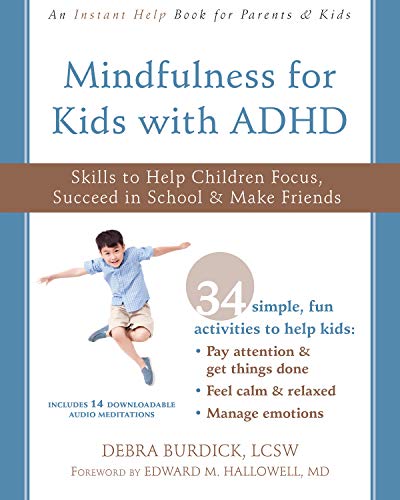
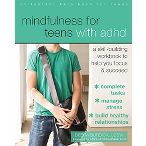
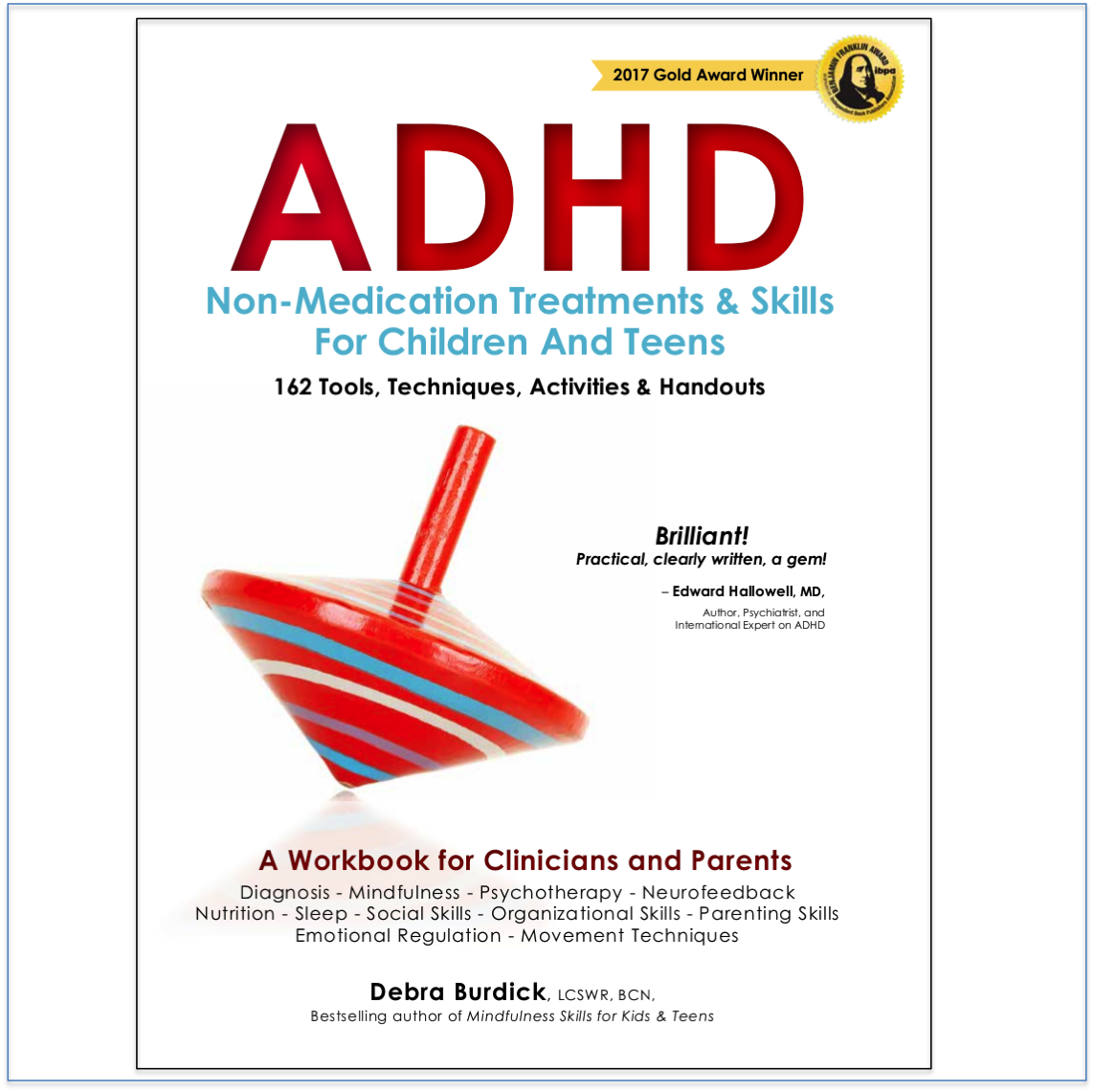
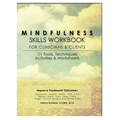
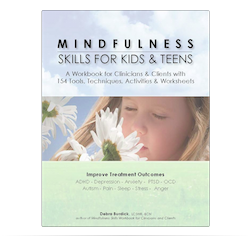
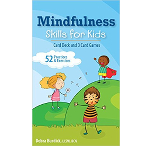
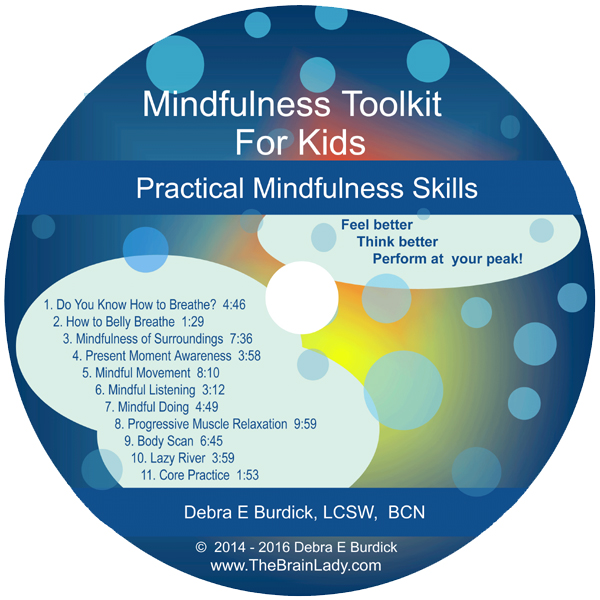
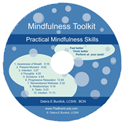
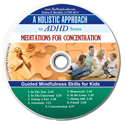
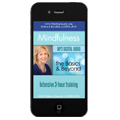
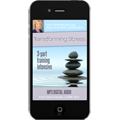
No comments yet. You should be kind and add one!
The comments are closed.